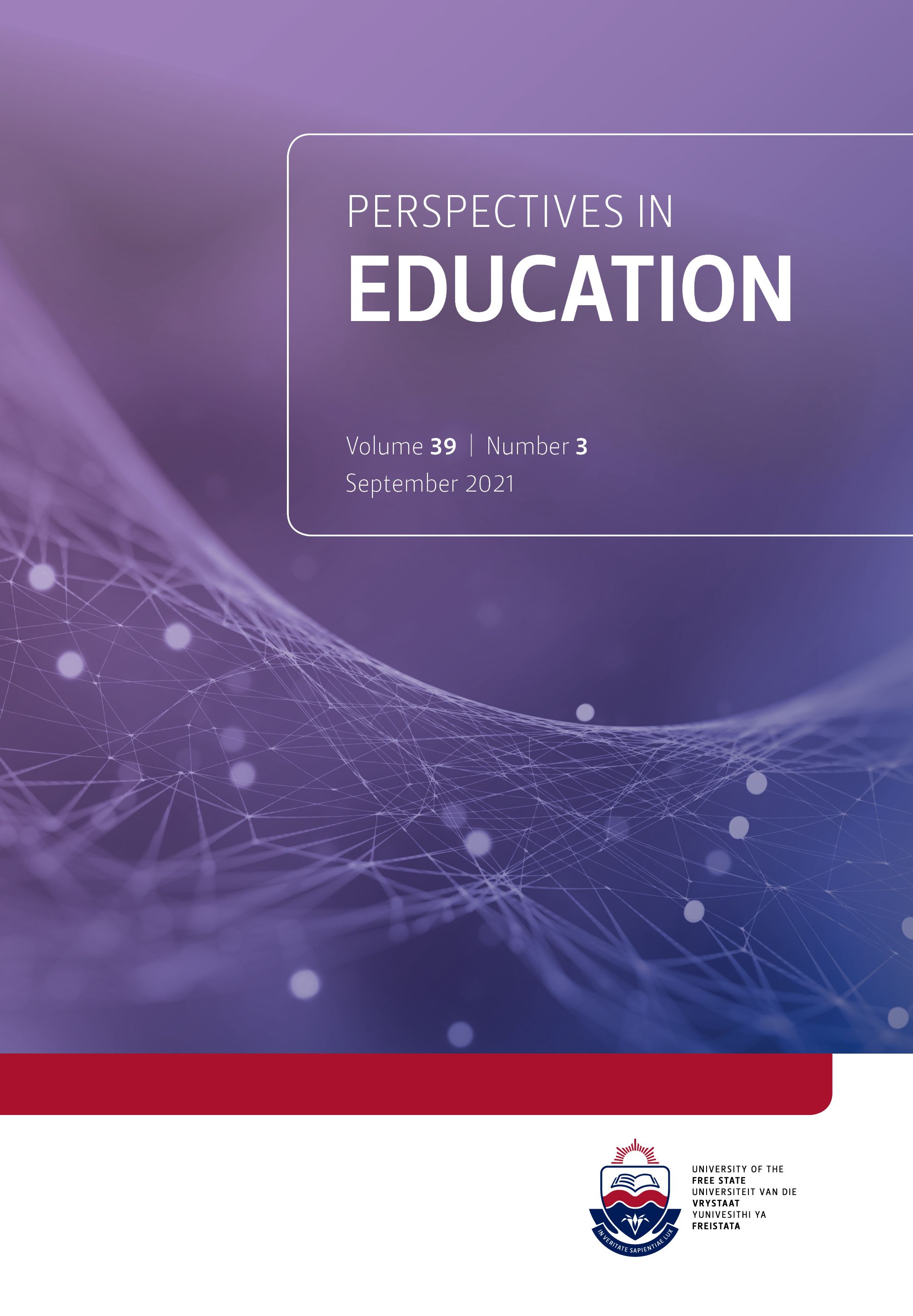COVID-19: Understanding and responding to the educational implications for the vulnerable children of Eswatini
DOI:
https://doi.org/10.38140/pie.v39i3.5249Keywords:
COVID-19, Intersectionality, Schools, Social justice, Vulnerable children, EswatinieAbstract
In a bid to contain the spread and infection rate of COVID-19, Eswatini closed all its schools on 17 March 2020, and for a year they remained closed. Despite education being the only viable means towards a better future, the closing of schools set-off to heighten prevailing educational disparities towards academic access, experience and achievement for the vulnerable children of the country. Adopting intersectionality as a theoretical framework, the paper seeks to analyse the educational effects of COVID-19 on the vulnerable children of Eswatini. The aim is to identify and discuss how educational systems and processes amidst the COVID-19 era sought to amplify the already compounded, complex and dominant educational disparities for children affected by vulnerability. A systematic literature review was conducted to understand child poverty and vulnerability in Eswatini schools and the implications of the COVID-19 school restrictions on the vulnerable children. Strategies to minimise the adverse effects of the pandemic on inclusive and equitable schooling for the vulnerable children have been suggested.
Downloads
##submission.downloads##
Published
How to Cite
Issue
Section
License
Copyright (c) 2021 Ncamsile Daphne Motsa

This work is licensed under a Creative Commons Attribution 4.0 International License.









